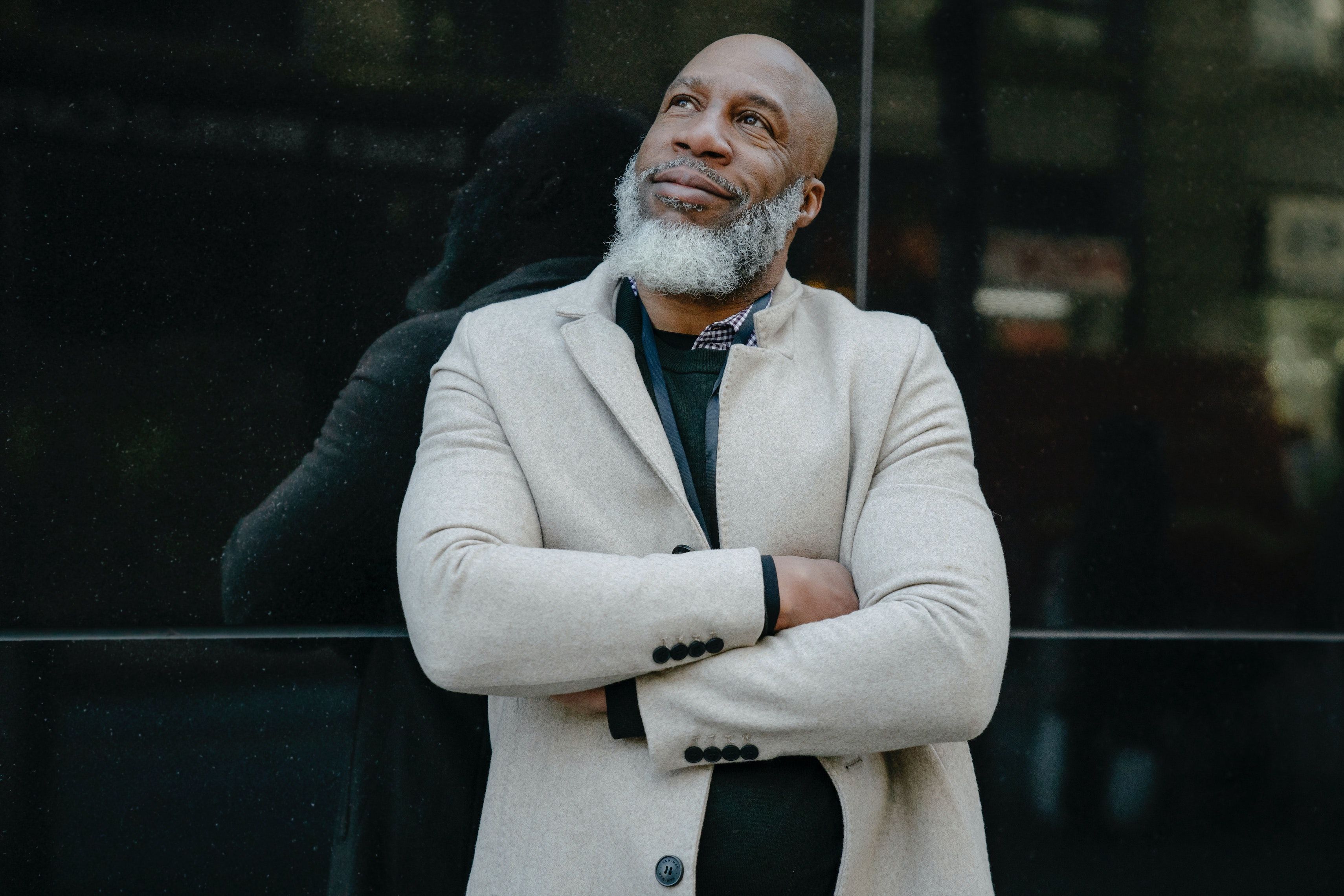A tree crashes on your house, leaving roof damage. There’s a water leak in your apartment. Now you’ve got to vacate. A fire breaks out in your neighborhood, torching your trees, damaging your sheds. These scenarios happen to everybody. When they do, they cost a pretty penny to fix.
Are you being forced to make a big money decision and fast? Get the insights you need to come out on top after.
Consider your options
Experts advise considering your options before making financial decisions.
There isn’t always a right and a wrong way to do things.
Forbes personal finance writer and finance expert Eric Roberge warns against getting stuck in “analysis paralysis.” There’s not always a fixed right or wrong answer when it comes to making money decisions. Every situation is different.
Roberge has some tips for these situations:
- Don’t overthink.
- Don’t think in terms of right or wrong. Instead think, “does this work in my situation?”
- Think ahead. Always look at the bigger picture, and don’t make a decision only based on now.
- When you can, test your decisions first. Roberge says that this is important when you don’t know much about the product, service, or experience you’re paying for.
- Roberge’s tips, however, can apply to general big money decisions. Some of his tips, such as testing out financial decisions first, may not apply to the situation you’re in at the moment. However, they could apply to your financial growth goals in the future.
How do you tailor any financial advice you receive to suit the situation, especially if it’s an emergency?
Address ways you hold yourself back
CNBC interviewed behavior expert Mariel Beasley about the mental roadblocks people have when making money decisions.
Identifying and addressing these roadblocks are essential for surpassing them, according to Dr. Beasely.
Beasley made a list of the mental roadblocks people face when making money decisions:
Ostrich effect: This is the fear of confirming bad news. People may feel intimidated by reaching out for advice or support because they are in denial about a bad event.
Decision paralysis: This is the state of being frozen or overwhelmed by the prospect of a decision.
Fixed word view: This happens when our world view or sense of identity is fixed on a one-dimensional plane. This is a roadblock in the financial sense because it makes it harder to adapt to change.
Beasley also gave a few ways to address these mental roadblocks:
1. It’s better to face bad news early
Beasley cautions against waiting too long to address a financial crisis. If you have time, plan for a worst-case scenario.
It’s a good idea to think of ways to make passive income so that you can afford to pay for the major financial setbacks you may face in emergencies. Also, Beasley says, don’t be afraid to reach out to your community.
2. Take small steps toward your priorities
To face down decision paralysis, Beasley says to take small steps. Get your priorities organized before you make that big financial decision.
Plan what to do about your bills, especially those that will put your well-being at risk if they don’t get paid in time, such as housing and utilities.
After you have your living essentials taken care of, then you can decide what to do about the big financial issue you have.
3. Challenge your ways of thinking
In the abstract sense, challenge the way you think about certain financial situations. The worldviews you have about money and financial problems may come from a lot of factors. You can be distracted by these things.
Beasley says to pretend your friend or neighbor is in your situation. What would you tell that person if they were seeking advice from you?
How would you think about the situation differently if it impacted another person? By thinking “outside the box,” Beasley says that you can take the pressure off your mind. That will help you make the best financial decision possible.
Stay informed
Best case scenario? You’d have gathered some information before big-ticket expenses come your way. In an emergency, this won’t be the case. You will be forced to collect information quickly.
If you are not currently facing a major financial disaster in your life, you may be thinking about “what if?” scenarios.
Stay informed. Gather all the know-how you can find on an issue you’re worried you may face financially. Being prepared costs you nothing.
If, however, you’re reading this article because you’re in trouble now, then you may be wondering how you can get financial advice in a hurry.
Why we need community
Experts with a Gallup study found connections between a healthy social life and a well-balanced financial life. Good social health, and being connected to a support system, can make all the difference in your financial stability.
This is why building a community of advice and support is essential to financial success.
Your Vital community
Some people may have no idea how to begin reaching out to their social community for financial issues. That’s why we're building the Vital community.
Learn more about Vital community on our Help Center.
Join the waitlist for Vital Card today to start reaping the benefits of the credit card that pays you to share and spend responsibly.
Sources
“Want To Make Better Financial Decisions? Start Here,” Forbes
“Behavioral Expert: 3 mental roadblocks...” CNBC
“Mariel Beasley,” Center for Advanced Hindsight
Vital Card blog posts are intended for informational purposes only and should not be considered financial or any other type of advice.
